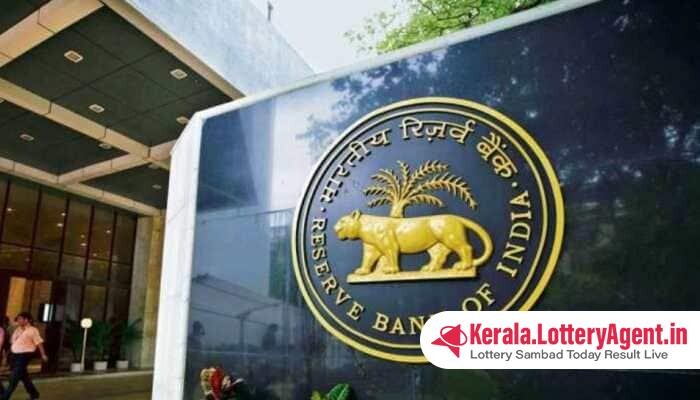
In a significant move aimed at broadening the horizons for Small Finance Banks (SFBs) in India, the Reserve Bank of India (RBI) has paved the way for these financial institutions to upscale to Universal Banks. This initiative, which positions SFBs for greater versatility in banking services, comes with stipulated criteria and requirements that must be fulfilled for a successful transition.
For an SFB to consider such an elevation, it must first ensure that it ticks all the regulatory checkboxes outlined by the RBI. One of the foremost requirements is a robust financial foundation, signaled by a minimum net worth of Rs 1,000 crore at the end of the most recent audited financial quarter. This figure is indicative of the financial strength and resilience a bank must possess to operate on the larger canvas that comes with being a Universal Bank.
SFBs that harbor aspirations of expanding their service offerings must also demonstrate a sustained and satisfactory performance spanning a minimum of five years. This period allows the RBI to conduct a thorough assessment of the SFB’s trajectory, ensuring that only those banks with a consistent track record of stability and growth are considered for the universal banking license.
Financial profitability over the last two consecutive fiscal years is yet another essential criterion. By maintaining a profitable operation, SFBs exemplify that they are not only stable but are managed efficiently, thus reflecting their readiness to handle the more diverse demands of universal banking.
Furthermore, SFBs aiming to make this leap must be listed on a recognized stock exchange. This stipulation guarantees increased transparency and adherence to corporate governance norms, as publicly-listed entities are subject to stringent disclosure requirements and investor scrutiny.
Upon satisfying these prerequisites, an eligible SFB is expected to provide a detailed rationale behind the desire to transition into a Universal Bank. This rationale forms a critical component of the RBI’s due diligence process, as it elaborates the bank’s vision and strategy for expanding its services and how it intends to utilize the universal bank platform for the betterment of its customer base and stakeholders.
However, meeting the outlined criteria does not immediately secure a universal banking license for an SFB. The RBI reserves the right to subject each application to a comprehensive due diligence exercise. This includes evaluating the SFB’s business model, governance practices, risk management systems, and overall compliance with existing regulatory norms.
The SFB’s journey toward becoming a Universal Bank is closely watched by the RBI to ensure financial stability is not compromised, and customer interests are protected. Similarly, the transformation of an SFB into a Universal Bank has broad implications for the banking sector. It is poised to enhance competition, lead to the introduction of innovative products, and potentially drive financial inclusion by making a wider array of banking services accessible to a more significant segment of the population.
This strategic directive by the RBI aligns with the broader initiatives aimed at fostering a more robust and inclusive financial ecosystem in India. Such conversions of SFBs into Universal Banks are anticipated to not only fortify the banking sector but also provide a stimulus for economic growth by channeling financial services toward underserved areas and supporting small businesses.
In conclusion, as Small Finance Banks weigh the prospects of evolving into Universal Banks, the RBI’s criteria serve as critical pillars to ensure that this transition is carried out judiciously and sustainably. The RBI’s careful curation of these guidelines aims to preserve the integrity of the banking sector while allowing for innovative growth and expansion that benefits the Indian economy at large.












